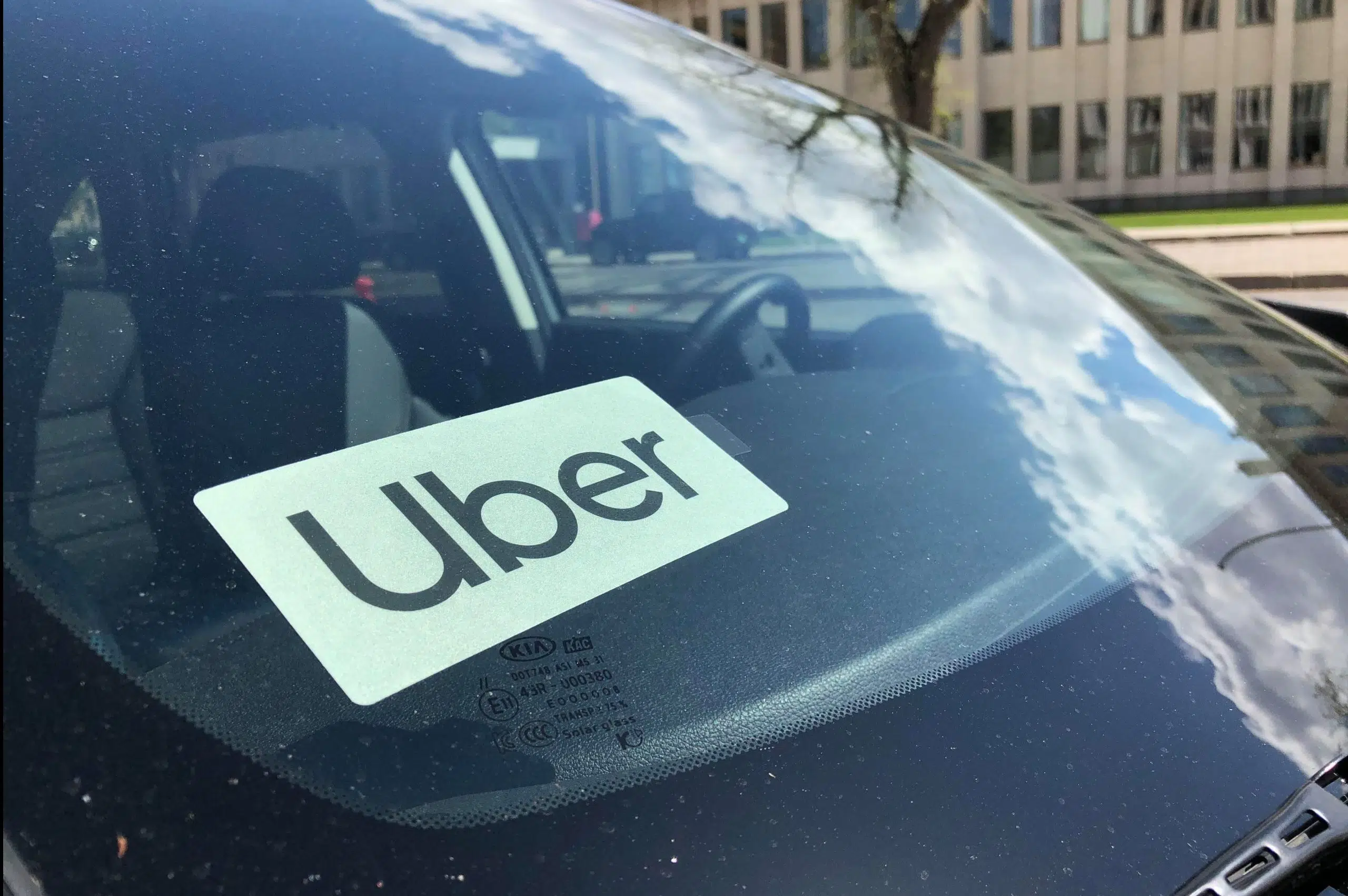Almost four months after the ridesharing service Uber launched in Regina, the president of a local taxi company says he’s losing drivers and cutting how often a full fleet of cabs is driving around the city.
Daljit Singh is the president of Co-op Taxi. He said that since the ridesharing service launched on May 15, 200 cab drivers have quit his company; 100 have opted to drive for Uber, and 100 have joined the trucking industry.
“Because they’re scared of (competition from) Uber, they know they’re not going to make much money driving a taxi, so they’ve gone for the trucking industry,” he said.
Of the 100 drivers who’ve started driving semis, one has returned to driving cabs.
“He’s back to leasing (a taxi), because in the trucking industry, he’s staying away from the house (too often),” Singh said.
By losing drivers, Singh now struggles to keep a full fleet of cabs ready to pick up fares on Friday and Saturday nights in the city.
“We have no drivers at nighttime who stay on the road (for the entire night),” he said.
Singh said he’s upset and felt ignored by the City of Regina when he and his colleagues raised their concerns about different regulations that cab drivers and ridesharing drivers are required to follow.
The Co-op Taxi president said cab drivers need a criminal record check and medical exam completed.
Uber requires its drivers to have criminal record checks, a driver’s abstract check, a vehicle safety inspection and a proof of identity. Its drivers also need to follow proper driver’s licence regulations.
Singh also raised his concern about some taxi drivers who also drive for Uber; he said he’s worried about the risk of a crash, if a driver spends half a day driving for Uber and the other half for a cab company.
He believes driver fatigue will eventually have a negative outcome on the road.
“Who’s going to be responsible for that?” he said.
— With files from 980 CJME’s Andrew Shepherd







